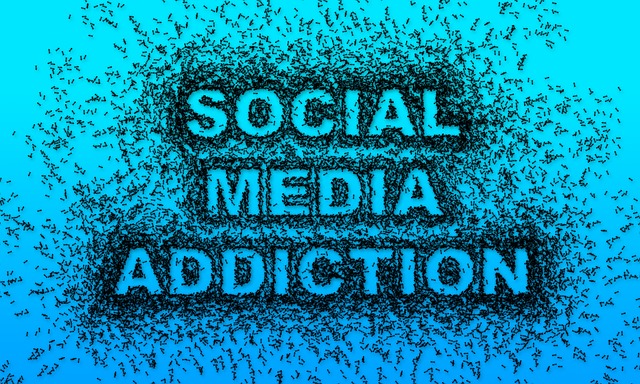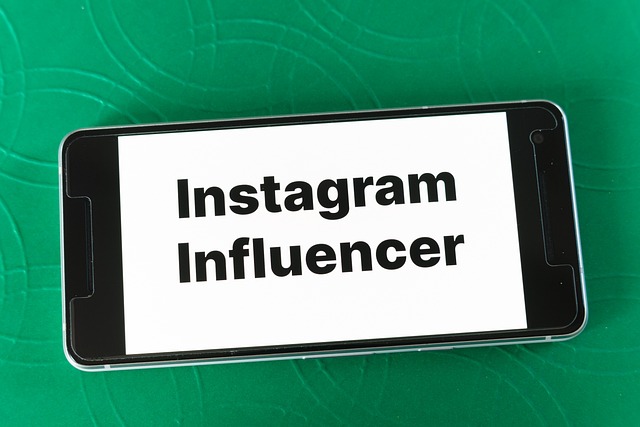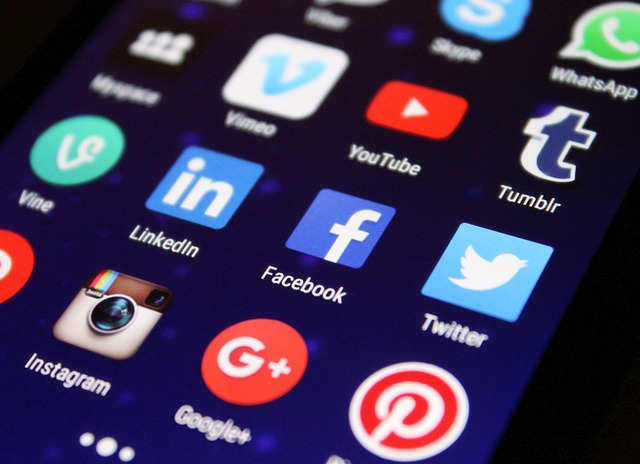The rise of social media has transformed the landscape of marketing and personal branding, giving birth to a potent force known as the influencer effect. Today, influencers wield unparalleled power, guiding consumer behavior and shaping trends with just a single post. But what exactly is this phenomenon, and how does it affect us?
At the heart of this intriguing evolution is the undeniable impact of social media. Platforms such as Instagram, TikTok, and YouTube have become stages where influencers express themselves, tell stories, and share their lives. With millions of followers hanging onto their every word and image, these individuals hold the ability to sway opinions and inspire actions. This phenomenon is not simply about endorsements; it’s about creating connections and building trust.
Consumers today crave authenticity. The traditional commercial advertisement—often seen as impersonal—has been overshadowed by relatable, genuine voices. Influencers tap into our emotions, making us feel seen and understood. This emotional connection is what fuels the influencer effect. When an influencer shares their thoughts on a product or a lifestyle choice, it resonates deeply, often leading their audience to make immediate purchasing decisions or lifestyle changes.
Social media platforms have made it easier than ever for anyone with a smartphone to become an influencer. This democratization of influence means that individuals from diverse backgrounds can showcase their unique perspectives. Whether it’s a fashionista sharing their latest thrift finds or a fitness guru chronicling their wellness journey, the stories presented are real, raw, and relatable. This has created a more inclusive market, allowing brands to reach varied demographics through micro-influencers who might have smaller but highly engaged audiences.
Moreover, the power of social media goes beyond mere product promotion. Influencers are often seen as thought leaders in their respective niches, sparking discussions around topics that matter, be it sustainability, mental health, or social justice. This sparks a ripple effect, encouraging audiences to engage with these issues, elevating important conversations that might otherwise remain unheard in mainstream media.
However, the influencer effect is not without its challenges. The line between genuine recommendations and paid promotions can sometimes blur, leading to issues of trust. As consumers grow more discerning, they are learning to identify authenticity. Influencers who cultivate genuine relationships with their followers, maintaining transparency about partnerships, are the ones that will thrive in this dynamic landscape. It’s a delicate balance that requires consistent effort and honesty.
As we continue to navigate this landscape, one thing is clear: the impact of social media on the influencer market is profound. It shapes not just buying habits, but also cultural conversations and societal trends. The influencer effect is not just a marketing tool—it’s a movement that reflects our collective voice and values.
With social media evolving, the role of influencers will undoubtedly continue to transform. In this fast-paced digital age, embracing the influencer effect means understanding our own behaviors and preferences in a world where our choices are influenced by the stories and experiences of others. As we scroll through our feeds, we are not just consuming content; we are engaging in a complex dance of influence that connects us on levels far beyond purchasing power.




